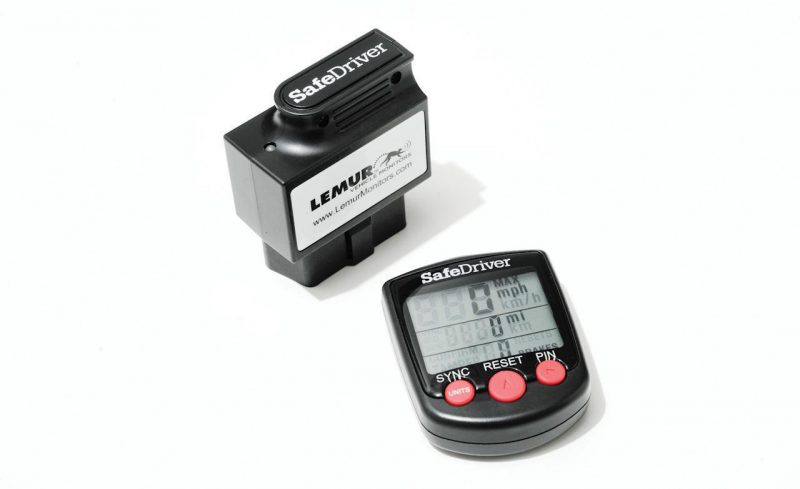2017 Subaru Outback
Our Take
What it is: The Subaru Outback sits astride the divide inbetween traditional wagons and crossover SUVs, and comes standard with all-wheel drive. It seats five, and can be powered by either a four- or six-cylinder engine.For 2017, Subaru has added a fresh top trim level, the Touring trim. It comes with . Read Utter Report
What We Like
- Attractive styling
- Effortless entry and exit
- Backseat roominess
- Visibility
- Interior quality
What We Don’t Like
- Lack of acceleration with four-cylinder engine
- Seats not supportive
- Roof rails mean car can be pitched around by mighty winds
- CVT's lack of idle-creep leads to lurching starts
- Car-seat Latch anchors sit too deep for effortless access
- Rear center seat belt not integrated with seat
Notable Features
- Five-seat all-wheel-drive wagon
- Four- or six-cylinder engine
- 8.7 inches of ground clearance
- Camera-based EyeSight safety system available
- Outback Touring is fresh top trim level
- Switch sides automatic braking available
Reviews
Our Pro Reviews
Whether you consider the two thousand seventeen Subaru Outback a wagon or an SUV, it's a home run for families and well-rounded enough to appeal to a large crowd.Versus the competition: Tho’ the Outback doesn`t have the sheer capabilities and size of a traditional midsize SUV, there`s enough SUV flavor there to please more than just loyal Subaru owners.For 2017, the Outback adds a fresh Tourin. Read total review for the two thousand seventeen Subaru Outback
Consumer Reviews
Average based on one hundred ninety two reviews
The subaru outback a fine car
The two thousand seventeen subaru outback a good car it’s good on gas safety features are awesome this is very roomy and convenient to drive . This is a nice vehicle if your looking for a nice safe and comfy c. Read Utter Review
6 Trim Levels Available
Safety
Crash-Test Reports
IIHS Ratings
Based on Subaru Outback Two.5i
Head Restraints and Seats G Moderate overlap front G Roof Strength G Side G View IIHS Rating Breakdown
IIHS Ratings
Based on Subaru Outback Two.5i
Child Seat Anchors (Latch)
Head Restraints and Seats
Dynamic Rating G Overall Rear G Seat Head/Restraint Geometry G
Moderate overlap front
Chest G Head/Neck G Left Gam/Foot G Overall Front G Restraints G Right Gam/Foot G Structure/safety cell G
Roof Strength G
Driver Head Protection G Driver Head and Neck G Driver Pelvis/Gam G Driver Chest G Overall Side G Rear Passenger Head Protection G Rear Passenger Head and Neck G Rear Passenger Pelvis/Gam G Rear Passenger Chest G Structure/safety cell G
Puny overlap front
Chest G Head/Neck G Headlights A Hip/hip G Lower gam/foot G Restraints and dummy kinematics G Petite overlap front G Structure and safety box G
NHTSA Ratings
Based on Subaru Outback Two.5i
Overall Overall Front Overall Side Overall Rollover Rating View NHTSA Rating Breakdown
NHTSA Ratings
Based on Subaru Outback Two.5i
Recalls
There is presently 1 recall for this car.
Safety defects and recalls are relatively common. Stay informed and know what to do ahead of time.
Warranty Coverage
Bumper-to-Bumper
Powertrain
Roadside Assistance Coverage
What you should get in your warranty can be confusing. Make sure you are informed.
Warranties Explained
Bumper-to-Bumper
Often called a basic warranty or new-vehicle warranty, a bumper-to-bumper policy covers components like air conditioning, audio systems, vehicle sensors, fuel systems and major electrical components. Most policies exclude regular maintenance like fluid top offs and oil switches, but a few brands have separate free-maintenance provisions, and those that do suggest them is leisurely rising. Bumper-to-bumper warranties typically expire quicker than powertrain warranties.
Powertrain
Don’t be misled a 10-year or 100,000-mile powertrain warranty doesn’t promise a decade of free repairs for your car. It typically covers just the engine and transmission, along with any other moving parts that lead to the wheels, like the driveshaft and constant velocity joints. Some automakers also bundle seat belts and airbags into their powertrain warranties. With a few exceptions, powertrain warranties don’t cover regular maintenance like engine tuneups and tire rotations.
Roadside Assistance
Some automakers include roadside assistance with their bumper-to-bumper or powertrain warranties, while others have separate policies. These programs cover anything from flat-tire switches and locksmith services to jump-starts and towing. Few reimburse incidental costs like motel rooms (if you have to wait for repairs).
Free Scheduled Maintenance
Some automakers include free scheduled maintenance for items such as oil switches, air filters and tire rotations. Some include consumables including brake pads and windshield wipers; others do not. They are typically for the very first duo of years of ownership of a fresh car.
